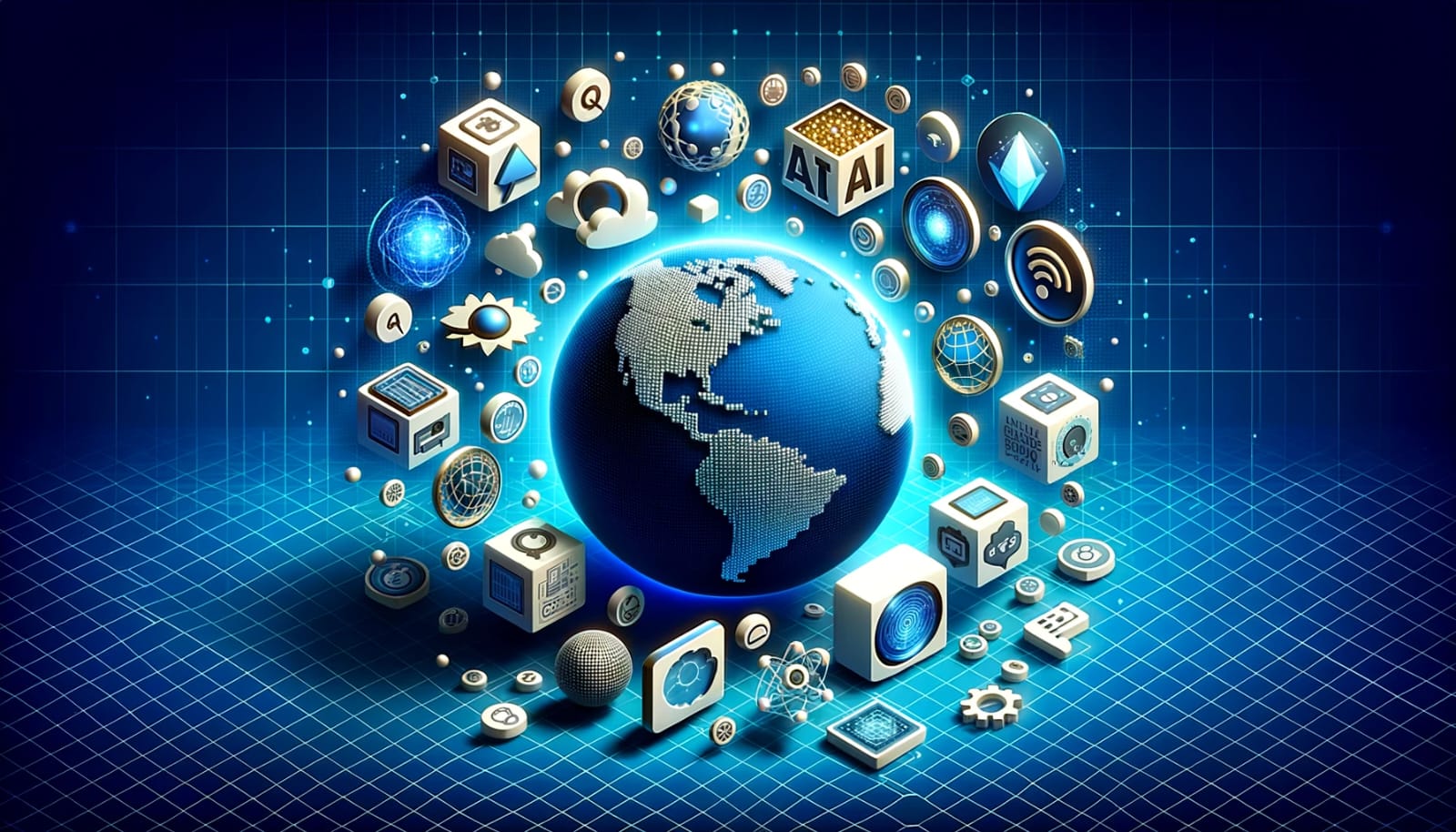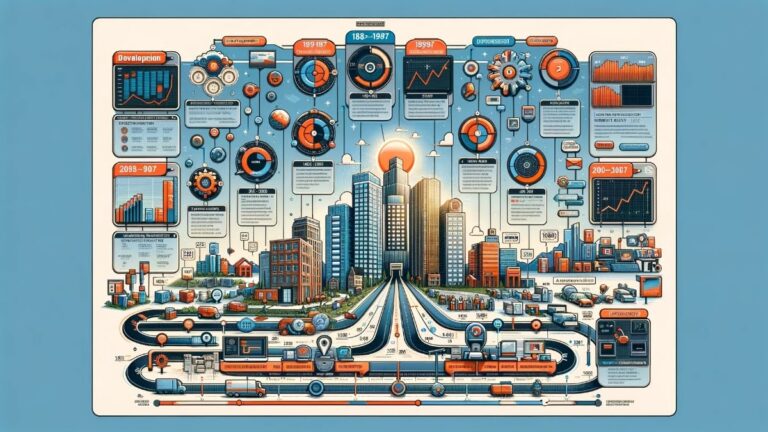The rapid evolution of Information Technology (IT) has fundamentally transformed various aspects of modern life, impacting industries, economies, and personal experiences. From the way we communicate to the efficiency of business operations, IT’s influence is pervasive and profound. This blog explores the significant milestones and future potential of IT, emphasizing its role in shaping our world.

Historical Context and Evolution
The roots of IT can be traced back to the development of early computing machines in the mid-20th century. The advent of the transistor in 1947, followed by the creation of the microprocessor in 1971, set the stage for the computer revolution. The introduction of personal computers in the 1980s made technology accessible to the masses, while the internet’s commercialization in the 1990s connected the globe in unprecedented ways.
Impact on Communication
One of the most noticeable impacts of IT is the transformation of communication. Email, instant messaging, and social media platforms have revolutionized how people interact, breaking down geographical barriers and enabling real-time exchanges of information. Video conferencing tools like Zoom and Microsoft Teams have become essential, especially highlighted by the COVID-19 pandemic, facilitating remote work and global collaboration.
Business and Industry Transformation
In the business realm, IT has been a game-changer. The rise of e-commerce platforms such as Amazon and Alibaba has reshaped retail, making it easier for consumers to shop online and for businesses to reach global markets. Data analytics and business intelligence tools enable companies to make informed decisions, optimize operations, and enhance customer experiences.
Moreover, cloud computing has revolutionized how businesses operate by providing scalable and cost-effective solutions for data storage and processing. Companies no longer need to invest heavily in physical infrastructure; instead, they can leverage services from providers like AWS, Google Cloud, and Microsoft Azure.
Advancements in Healthcare
The healthcare industry has also reaped significant benefits from IT. Electronic Health Records (EHRs) have streamlined patient data management, improving the efficiency and accuracy of healthcare services. Telemedicine platforms have expanded access to healthcare, allowing patients to consult with doctors remotely. Additionally, advancements in medical imaging and diagnostic tools powered by artificial intelligence (AI) have enhanced the ability to detect and treat diseases early.
Education and Learning
The field of education has been transformed by IT through the advent of e-learning platforms and digital classrooms. Online education providers like Coursera, Udemy, and Khan Academy offer courses on a wide range of subjects, making education more accessible and flexible. During the COVID-19 pandemic, educational institutions worldwide adopted online learning, ensuring continuity of education despite lockdowns and social distancing measures.
The Internet of Things (IoT)
The Internet of Things (IoT) represents the next frontier in IT, connecting everyday devices to the internet, enabling them to collect and exchange data. Smart homes, equipped with devices like smart thermostats, lights, and security systems, allow for greater control and automation of household functions. In industrial settings, IoT facilitates predictive maintenance, optimizing machinery performance and reducing downtime.
Cybersecurity Challenges
With the increased reliance on IT, cybersecurity has become a critical concern. Cyber threats, including data breaches, ransomware attacks, and phishing scams, pose significant risks to individuals and organizations. The need for robust cybersecurity measures and practices is paramount to safeguard sensitive information and ensure the integrity of digital systems.
Future Prospects and Innovations
The future of IT holds immense potential, driven by ongoing innovations in AI, quantum computing, and blockchain technology. AI continues to advance, promising to revolutionize areas such as natural language processing, autonomous vehicles, and personalized healthcare. Quantum computing, though still in its infancy, holds the promise of solving complex problems beyond the reach of classical computers. Blockchain technology, with its decentralized and secure nature, has the potential to transform industries like finance, supply chain, and healthcare.
Conclusion
Information Technology has indisputably reshaped the world, driving progress and innovation across various domains. As we continue to embrace new technologies and adapt to a rapidly changing landscape, the role of IT in shaping our future will only grow more significant. The journey of IT is far from over; it is an ongoing evolution that promises to enhance our lives in ways we can yet only imagine.
From improving business efficiencies and transforming healthcare to revolutionizing education and enabling smarter living, IT stands at the core of modern civilization, ushering in an era of unprecedented possibilities. As we navigate the challenges and opportunities ahead, one thing remains clear: Information Technology will continue to be a catalyst for change, driving humanity toward a more connected, intelligent, and innovative future.



















